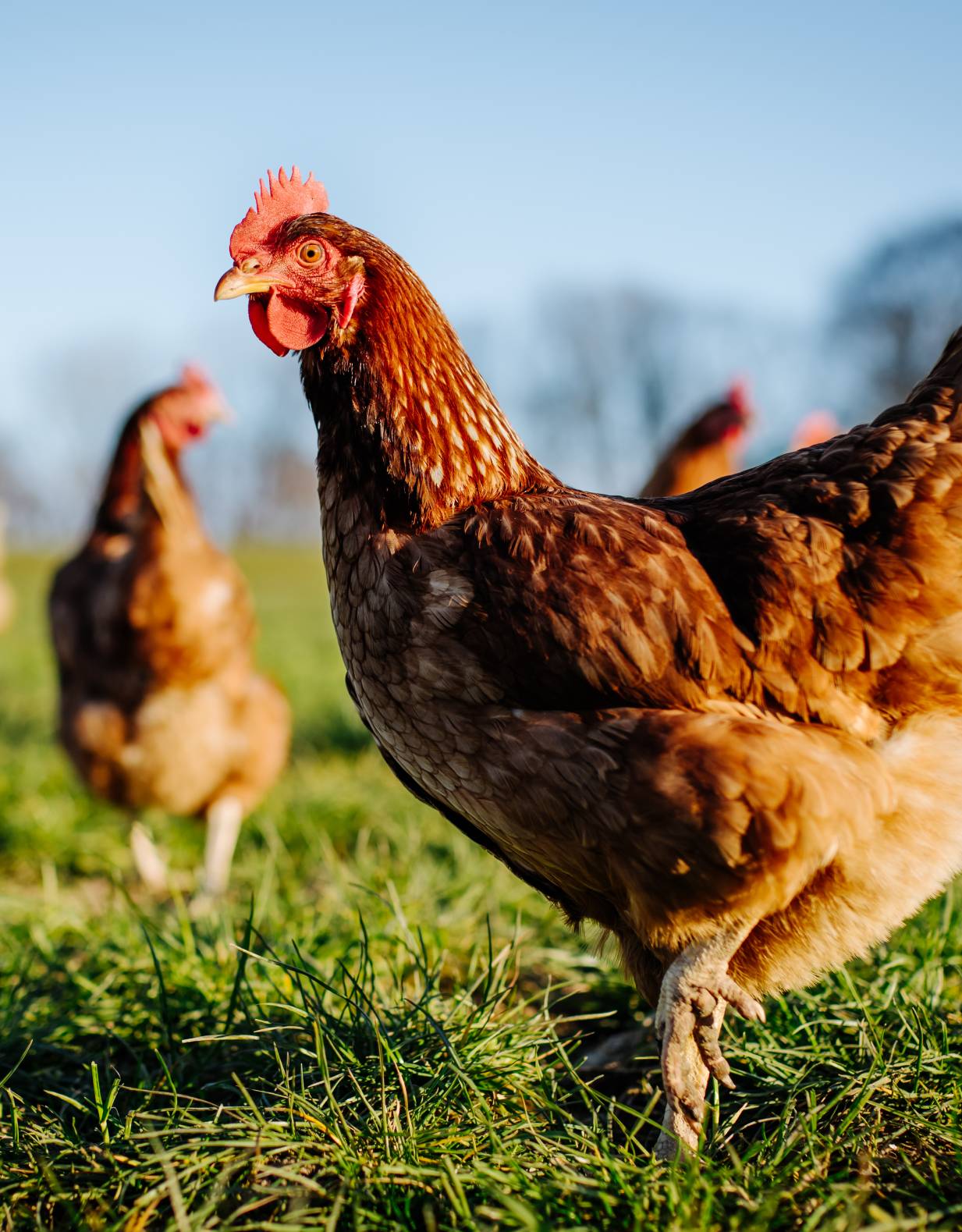Real chelates are the best answer to animal diseases and environmental problems
Among the main issues in farming, the environmental impact and the animal health are surely the more actual and discussed ones. Every worker in the farming world has to manage this matter every day and it’s not too easy to find the best ways to do it. One thing for sure, animal health and a lower environmental impact can’t be imagined without focusing on the effectiveness of animal nutrition. This is where Real Chelates come into play.
Real Chelates are the best way to supply minerals to the animal alimentation. They’re a new and higher standard in the field of organically bound trace minerals like iron, copper, manganese and zinc thanks to precious ligands that they use in their chemical bonds like Methionine or Glycine.
But how Real Chelates actually affect animal health and environmental impact, and how?
Everything revolves around the incredibly high bioavailability of chelated organic trace minerals. The percentage of wasted minerals is the lowest ever, technically speaking almost every part of the additive (90 – 95%) is absorbed in the first tract of the animal gut. To perceive how revolutionary this is, try to imagine that the non-organic trace minerals have an absorption ratio that is just 5 – 30%.
With an almost non-existent waste you can easily explain the benefits on environmental impact, but also the advantages that Chelates can provide to animal health.
The minerals provided by chelated additives are necessary to the animal’s growth, but they can’t be produced endogenously by the animal itself.
So obviously an huge absorption ratio, like the one provided by chelates, can maximize the mineral’s benefits.
The complexity of the chelation process makes it pretty unique and hard to replicate, that’s why it’s globally so hard to find feed additive producers able to provide real chelated products. Società San Marco is one of the first organic trace minerals producers all over the world and the only one able to provide university tests proving the effectiveness of the chelation process.







